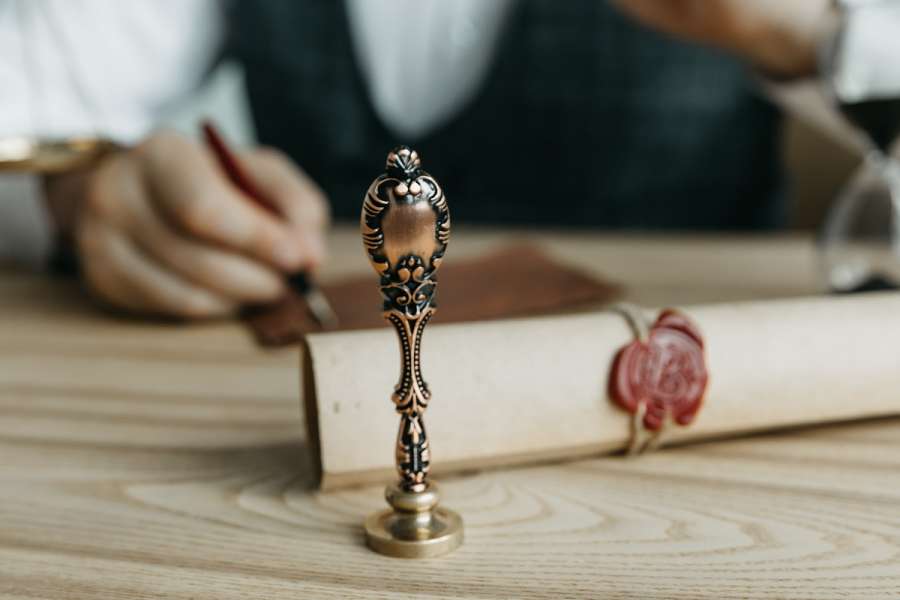Trusts that you have set up usually have a name describing the purpose. You can call a trust anything you like, but here are some of the more common names:
Spousal bypass trusts – commonly set up during your lifetime to receive lump sum payments such as a death in service, proceeds of a life policy pay-out or pension. They usually stay dormant until an event triggers the payment into the trust. The funds then “bypass” the surviving spouse and fall into the trust, which they can benefit from as well as children and further descendants without the funds forming part of their estate for Inheritance Tax purposes.
Educator trusts -mostly set up by grandparents during their lifetimes to help fund their grandchildren’s education and are active upon set up. This is also a useful tool to reduce the grandparents’ estate for Inheritance Tax purposes whilst seeing their grandchildren benefit while they are alive.
Pilot Trusts – very popular before the change of rules on 6 April 2015, where multiple trusts of a nominal sum such as £10 or £100 were set up on consecutive days so that for Inheritance Tax purposes, each trust has its own ‘nil rate band’ (the amount that can pass free of Inheritance Tax and is currently £325,000) and if the amounts paid into the trusts did not exceed the nil rate band, the ‘exit’ (Inheritance Tax charge if the value of the trust funds exceed the nil rate band on set up and payable when assets leave the trust) and ‘anniversary’ (these charges apply every ten years is broadly based on the value of assets in the trust on the tenth anniversary).
Nil Rate Band Discretionary Trust – often set up in Wills of married couples on the first death to use up the nil rate band before the nil rate band became transferrable following the Finance Act 2008. Often this would reduce the amount passing to the surviving spouse and then becoming subject to Inheritance Tax on the second death. The central planning was the use of the deceased spouse’s half share of the property; therefore, there is a danger that these trusts are forgotten about, causing problems on the surviving spouse’s death.




